Saturday, April 13, 2019
Historical antecedents - Dunning–Kruger effect
Although the Dunning–Kruger effect was formulated in 1999, the cognitive bias of illusory superiority has been known throughout history and identified by intellectuals. A sampling of their comments includes:
Confucius (551–479 BC), who said, "Real knowledge is to know the extent of one's ignorance".[6]
The philosopher Socrates (470–399 BC), who interpreted a prophecy from the Delphic oracle, said that he was wise despite feeling that he did not fully understand anything, as the wisdom of being aware that he knew nothing.
Playwright William Shakespeare (1564–1616), who said, "The fool doth think he is wise, but the wise man knows himself to be a fool" (As You Like It, V. i.)
The poet Alexander Pope (1688–1744), who wrote in An Essay on Criticism, 1709: "A little learning is a dangerous thing"
Henry Fielding (1707–1754), who, in the novel The History of Tom Jones, a Foundling, wrote: "For men of true learning, and almost universal knowledge, always compassionate [pity] the ignorance of others; but fellows who excel in some little, low, contemptible art, are always certain to despise those who are unacquainted with that art."
The naturalist Charles Darwin (1809–1882), who said, "Ignorance more frequently begets confidence than does knowledge"
Philosopher Friedrich Nietzsche (1844–1900), who wrote in Human, All Too Human (aphorism 483), "The Enemies of Truth. — Convictions are more dangerous enemies of truth than lies."
W. B. Yeats (1865–1939), who, in the poem The Second Coming, said: "The best lack all conviction, while the worst / Are full of passionate intensity."
The philosopher and mathematician Bertrand Russell (1872–1970), who said, "One of the painful things about our time is that those who feel certainty are stupid, and those with any imagination and understanding are filled with doubt and indecision."
Labels:
dumbass,
dump supporters,
ignorance
Subscribe to:
Post Comments (Atom)

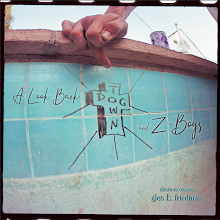

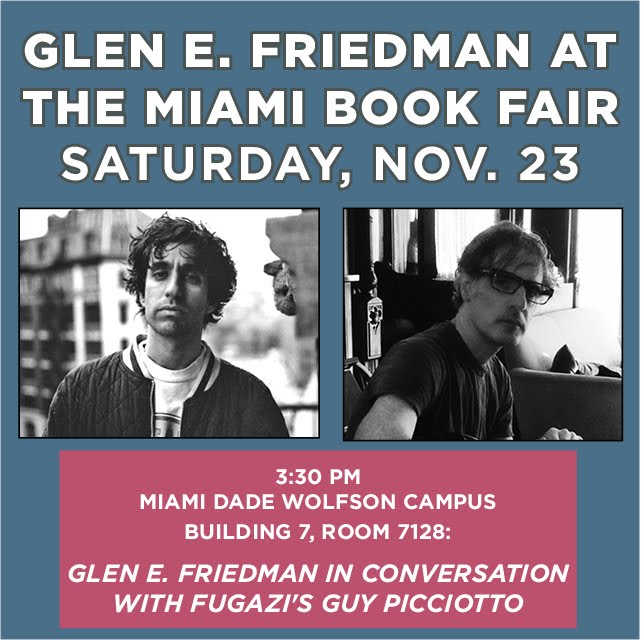
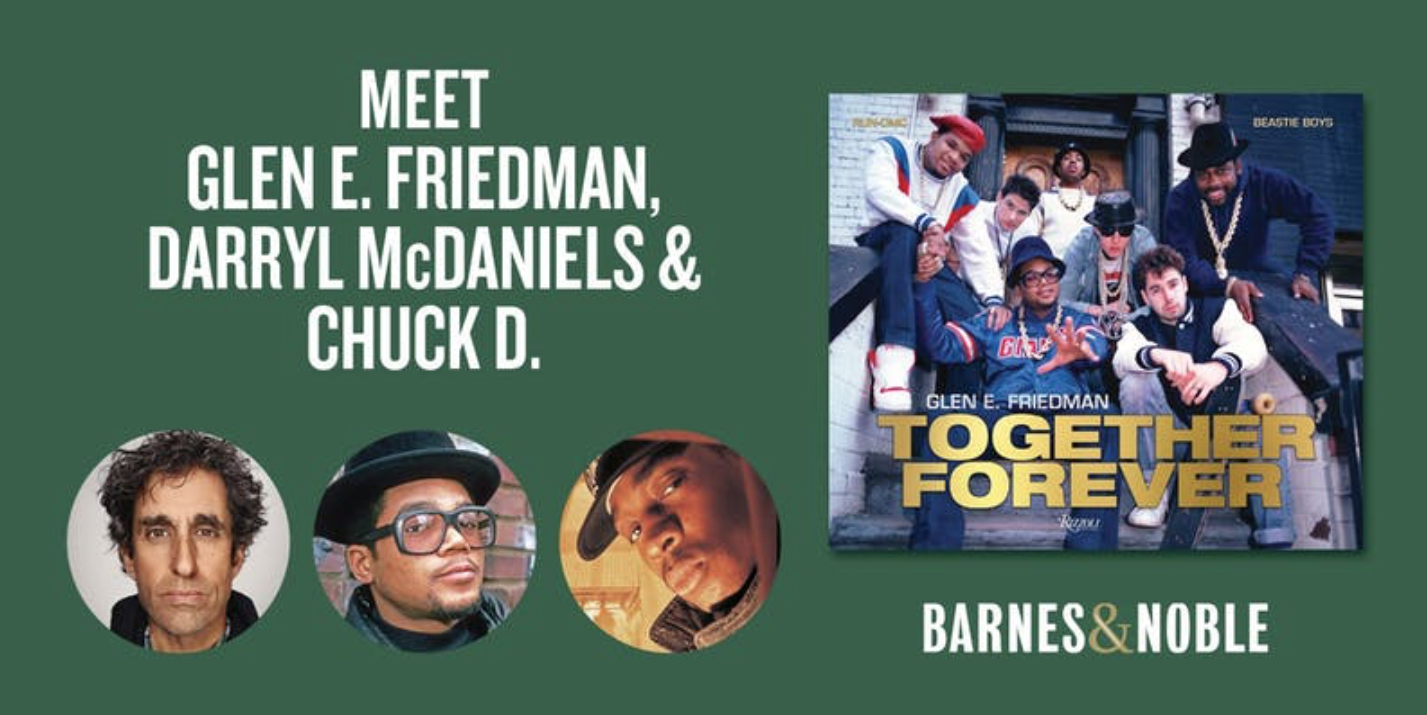

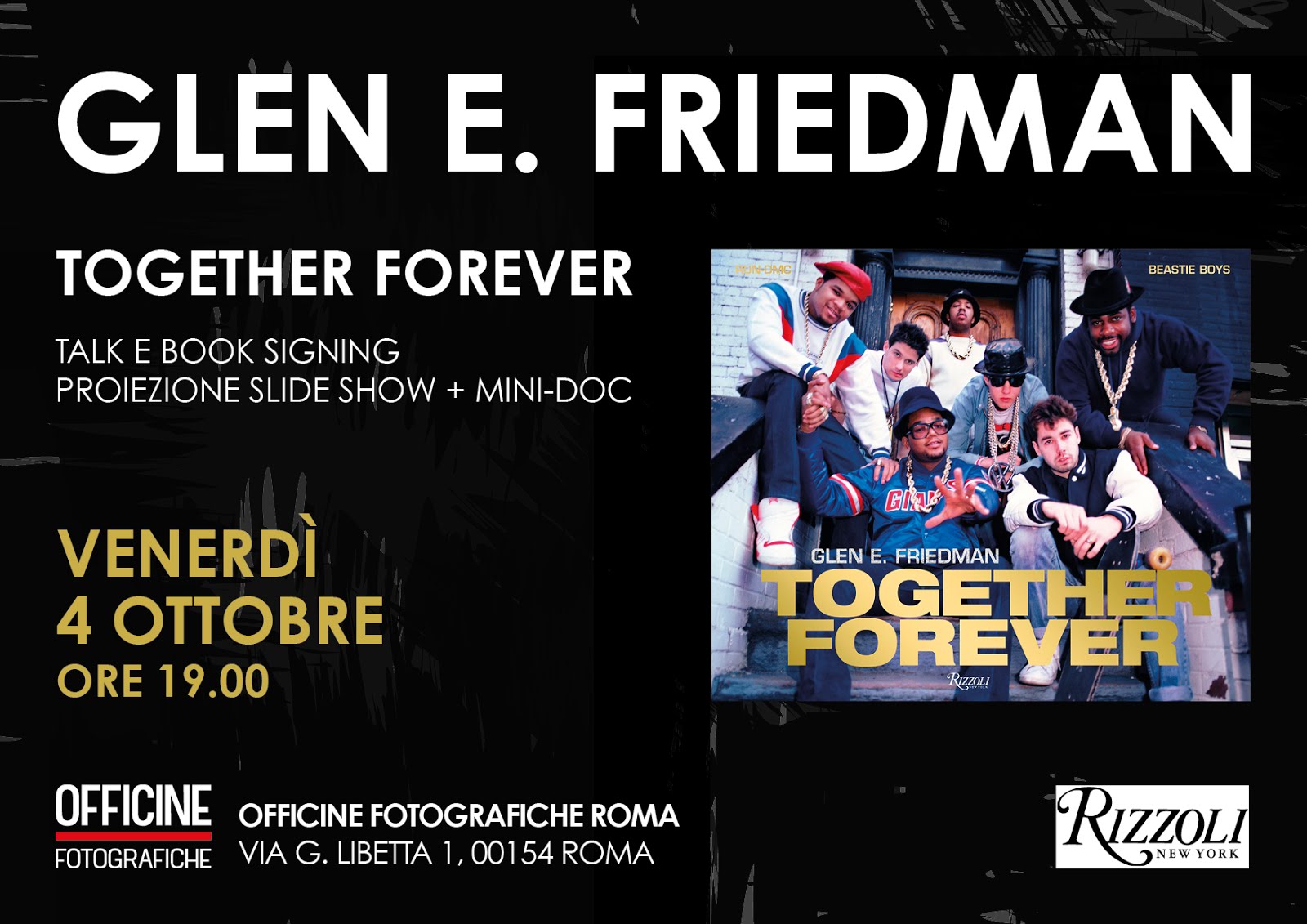
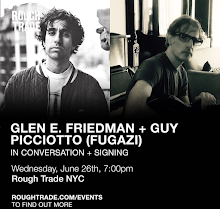
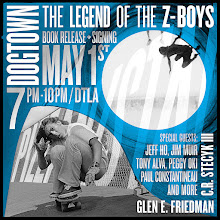
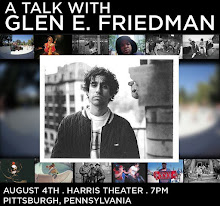
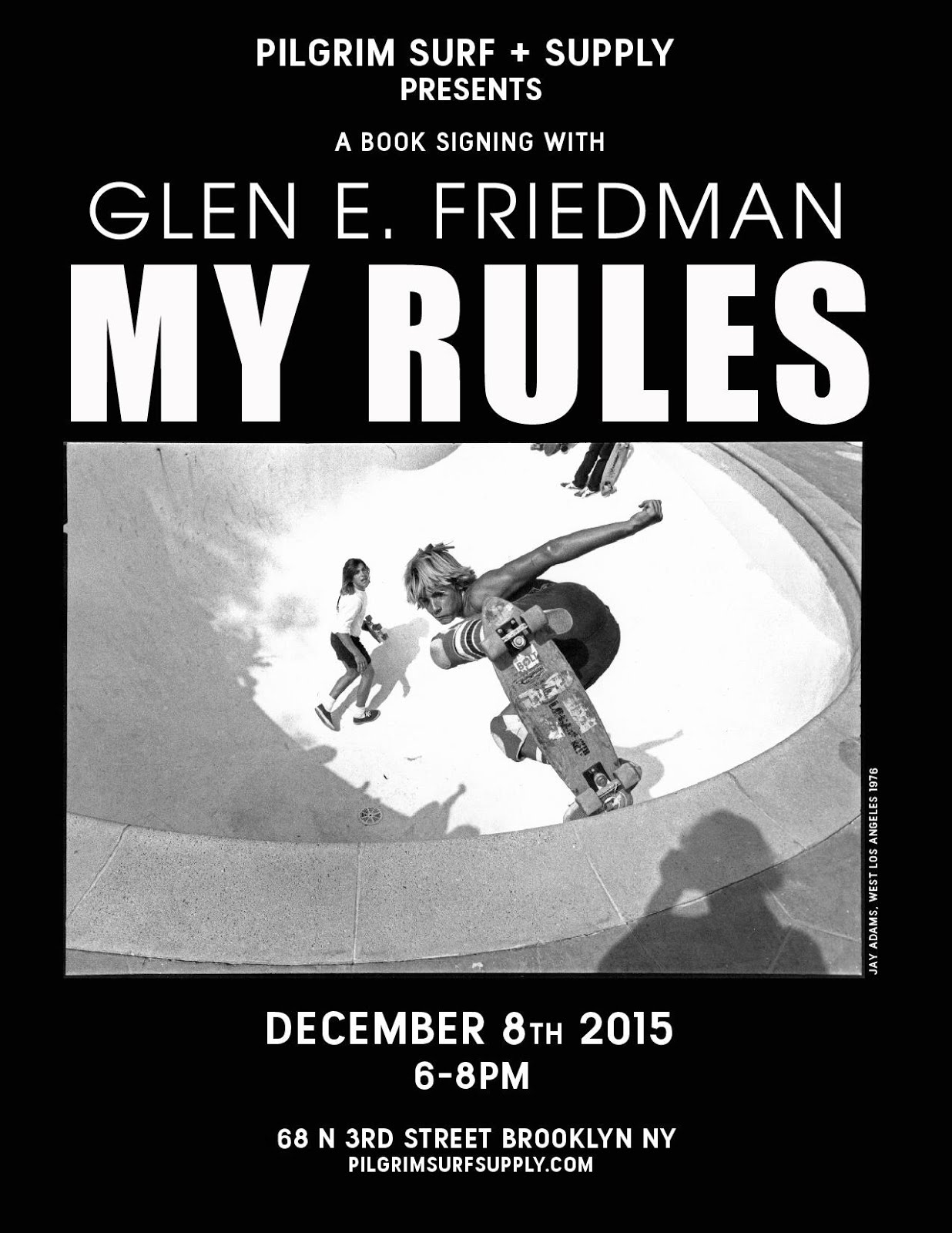

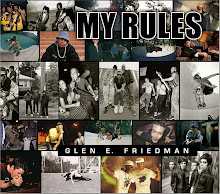



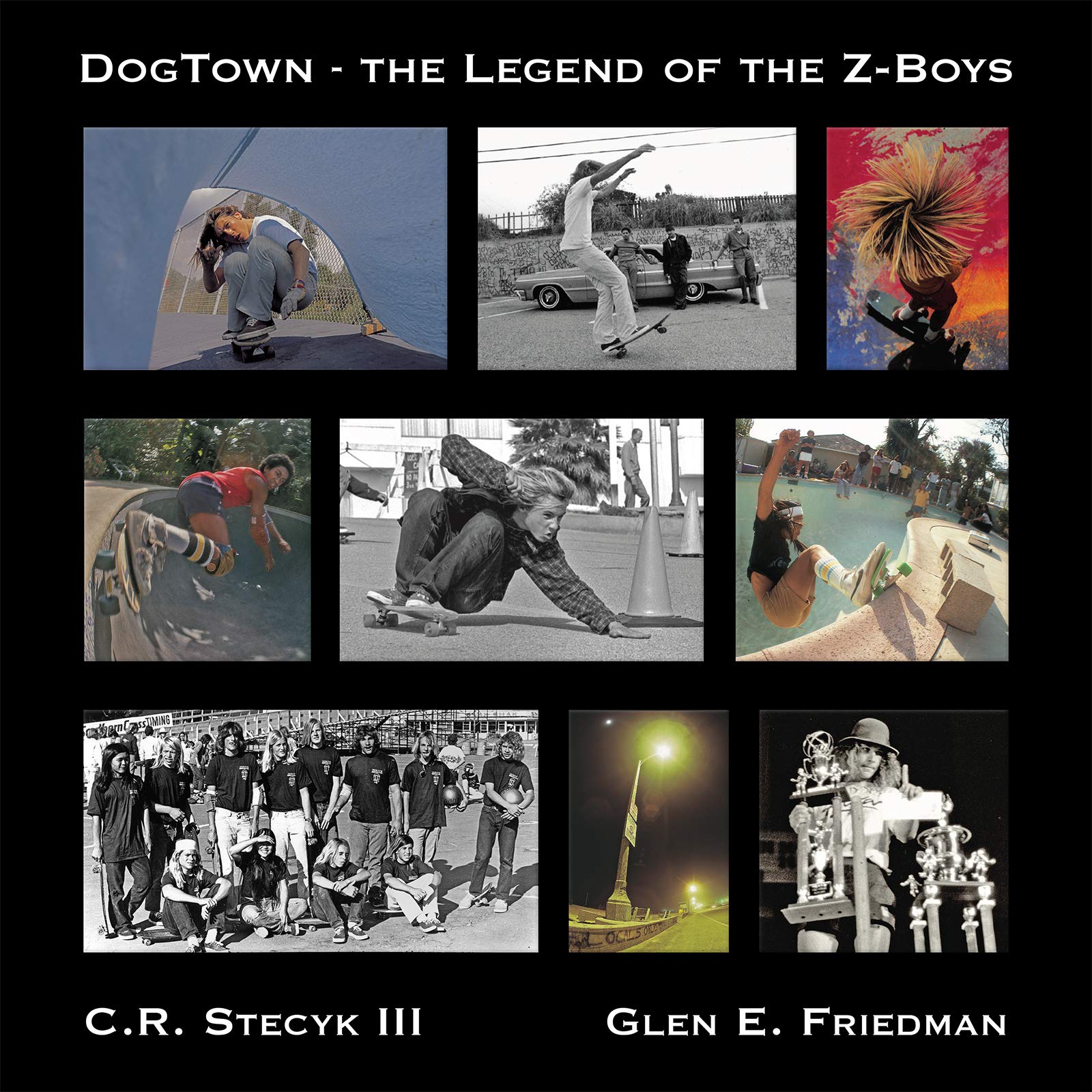
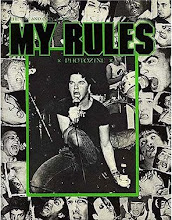





No comments:
Post a Comment